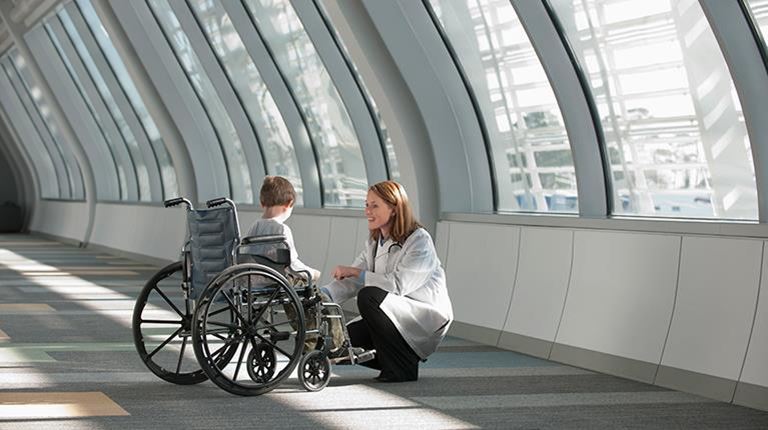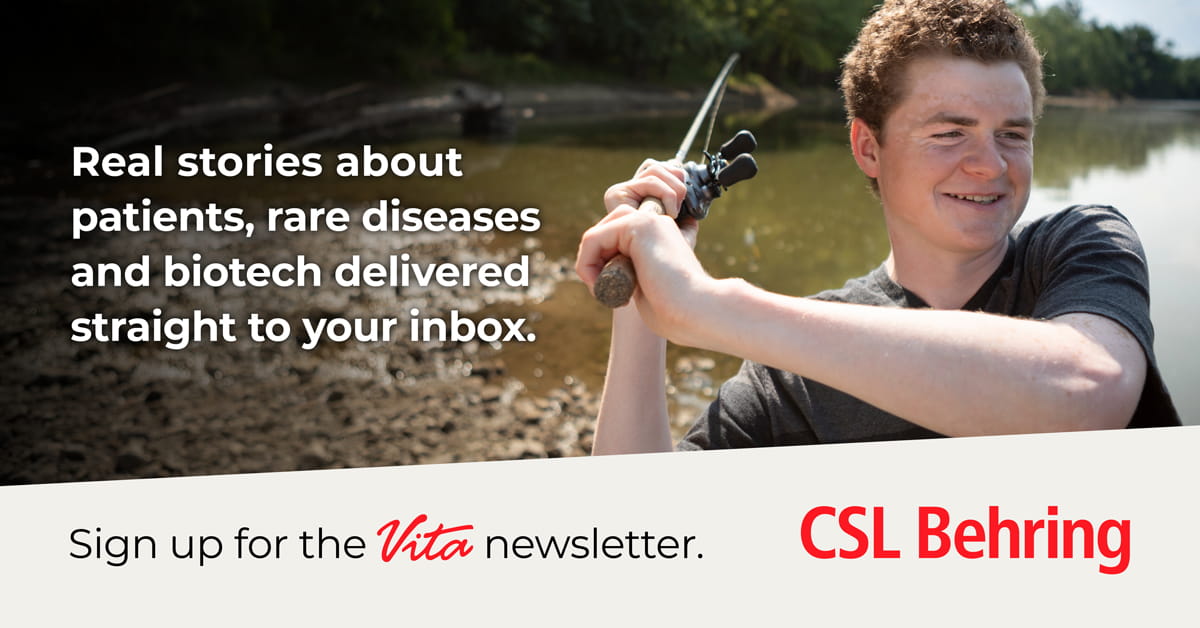Hundreds of people who, each year, face uncertainty because their symptoms seemingly have no known cause now have reason to hope: the DNA detectives are on the case.
A national cadre of physicians and specialty healthcare providers is working together in the Undiagnosed Diseases Network (UDN) to solve medical mysteries and diagnose rare disease. Their teamwork between 2016 and 2017 resulted in diagnosing 35 percent of the 382 participants who received a complete evaluation. In addition, the UDN named 31 new identifications of previously undocumented syndromes.
“We do this Sherlock Holmes-like detective work-up by carefully observing, gathering information, and asking pointed questions,” explains Euan Ashley, M.D., Stanford University professor of medicine and UDN member. “We're also pairing that with the most advanced genomic technologies to try to solve their case."
The aim of the UDN team is as simple as it is hopeful: to provide much-needed diagnoses for people who have rare conditions and contribute to a better understanding of the human body.
The Elusive Diagnosis
The National Institutes of Health Office of Rare Diseases Research indicates that 33 percent of people who suffer from a rare disease may wait from one to five years to get an accurate diagnosis, 15 percent wait longer than five years and 6 percent are still waiting. To that end, these diagnosis detectives understand, above all, that statistics aren’t numbers; they’re people. “Some of these patients had been waiting decades to put a name to their illness. They tell us how much of a relief it is simply to know what they were up against,” says Ashley.
Once UDN participants received a diagnosis, they were able to return to their primary care team, armed with new information that could potentially change their therapy, adjust future diagnostic testing, and inform family screening. For those in the UDN program who have yet to receive a diagnosis, there is a measure of comfort knowing that the UDN continues to work to solve the mysteries locked in individuals’ gene sequences. As research continues to improve, the UDN will continue to find answers.
Measurable Progress
As of April 2019, UDN reports:
Applications
Applications received: 3,392
Participants accepted: 1,311
Evaluations
Participants evaluated: 1,106
Participants diagnosed: 308
Data Sharing
Manuscripts published: 61
Application Process for the Undiagnosed Diseases Network
Those interested in being part of a UDN study must follow an application process:
- First, have your physician write a study recommendation letter.
- Fill out the short online registration form (a paper application is also available).
- When all preliminary information is received, you will be asked to provide more details about your condition and medical history.
Each application will be reviewed by a clinical research expert at one of the UDN clinical sites. You will be contacted within a month and may be asked to provide additional materials like medical records, laboratory studies, scans, photos, videos, pathology slides and other pertinent information.
It will take time – up to eight weeks – for the UDN to decide whether to accept your case into the study.
Learn more about global resources for undiagnosed patients in our animation.
Additional Resources for the Undiagnosed
If you or a loved one is experiencing an undiagnosed condition, know that there’s help – and hope. Start with a downloadable toolkit by Global Genes, “Becoming an Empowered Patient: A Toolkit for the Undiagnosed.”
You may also be interested in participating in a clinical trial. Visit ClinicalTrials.gov for a list of ongoing research studies. Search by general disease category or symptoms. Look for studies that will accept undiagnosed people, based on symptom description.
To learn more about the Undiagnosed Diseases Network, visit undiagnosed.hms.harvard.edu or call 844-746-4836.




